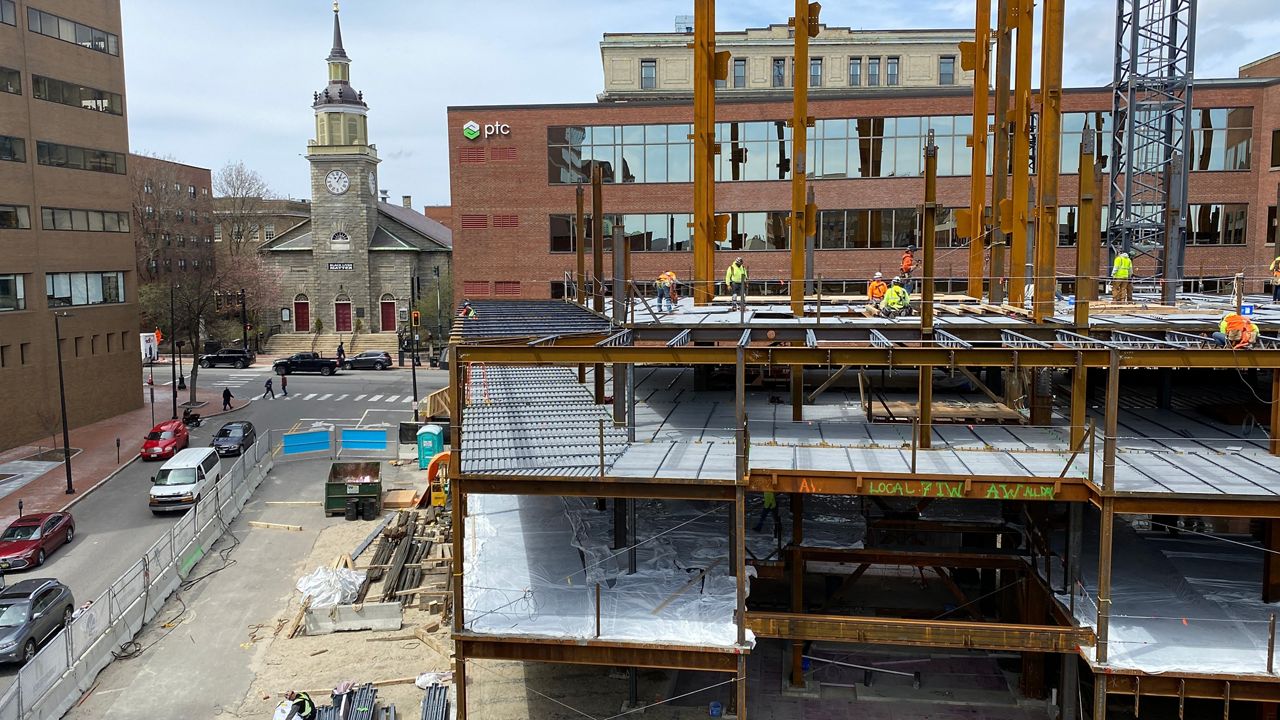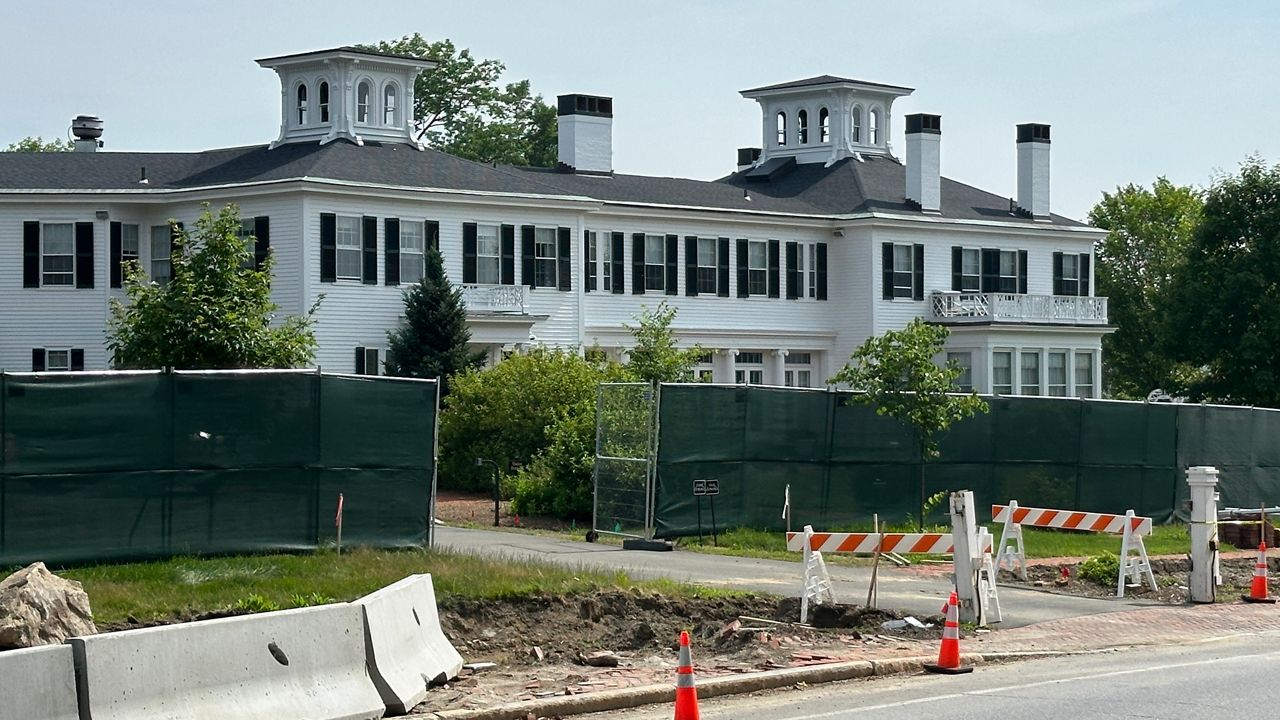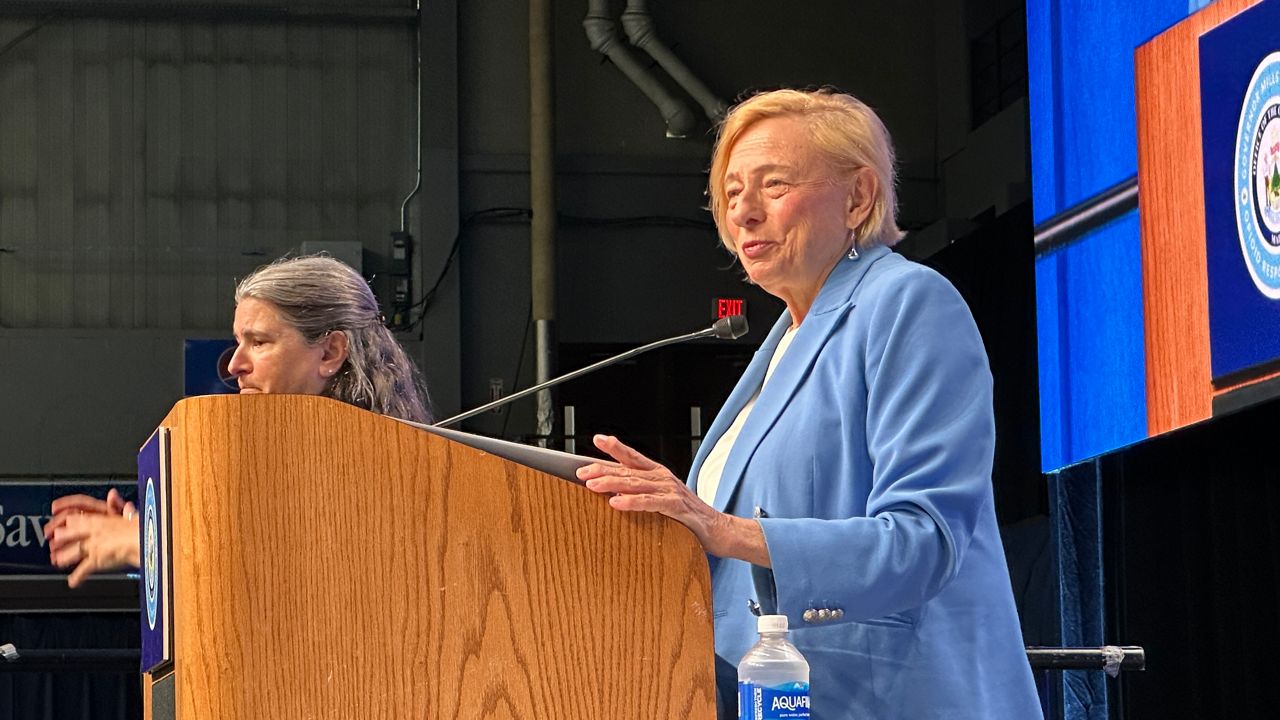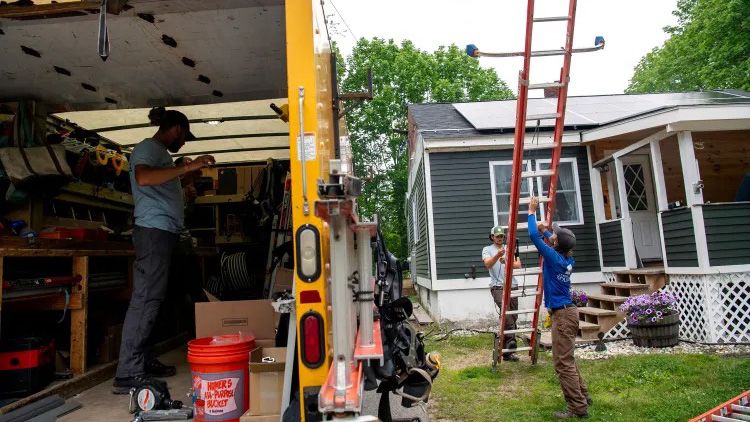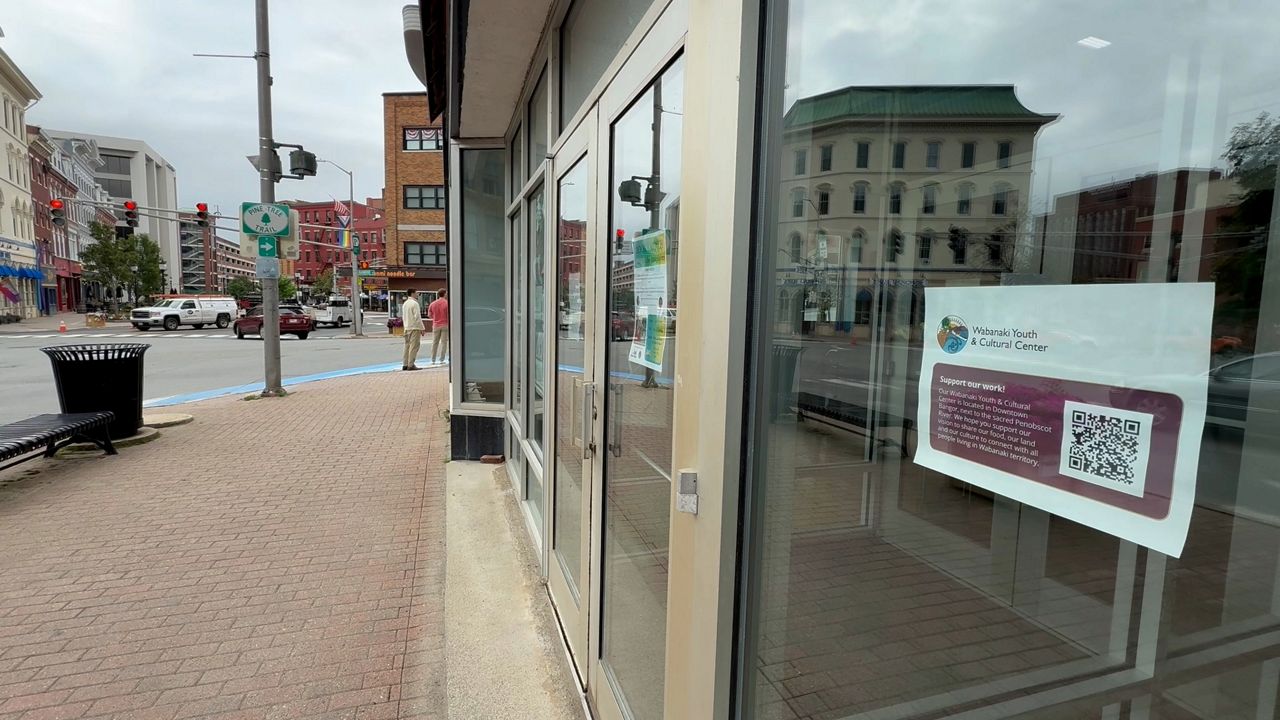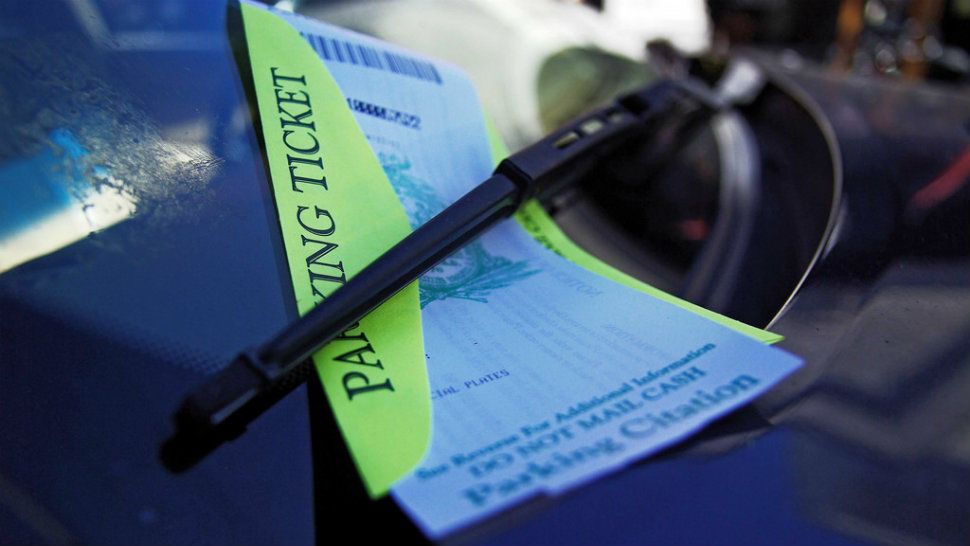Portland’s City Council voted unanimously Monday night to approve the final wave of changes in the city’s ReCode initiative, fundamentally altering the city’s zoning and building codes for the first time in 50 years.
“This effort began in 2017, spanning years of thoughtful work and collaboration,” said Kevin Kraft, the City’s Director of Planning & Urban Development. “This process would not have been possible without the participation of people across the city who care about Portland's future.”
Officials said the changes were necessary because the original code was bloated, needlessly complicated, and not in line with the city’s 21st-century development plans.
According to online documentation describing the changes, some of the more notable differences include allowing new types of housing and promoting alternative transportation.
In detail, ReCode describes many new types of zoning or changes to existing zoning. In a nutshell, the changes allow different types of housing, including multifamily housing, to be built in areas where it wasn’t allowed before. That includes neighborhoods where the only thing developers could build before was single-family homes. In a statement, city officials also said ReCode creates “opportunities for significantly more housing downtown.”
Other changes include scaling back the required amount of off-street parking. In essence, this means that developers don’t have to provide as much parking as they used to when building new apartment buildings. Developers in the past have suggested that changes such as these will make it cheaper to build new housing, which the city needs.
ReCode also includes what it calls “transit-oriented development” zoning. In layman’s terms, the zoning is applied to high-traffic areas, with the intent to encourage other forms of transportation, including walking and riding bicycles. The new zoning is close to major traffic destinations in the city, such as “the University of New England, the University of Southern Maine, the Roux Institute, Maine Medical Center and Northern Light Mercy.”
The new changes will take effect on Dec. 4.





